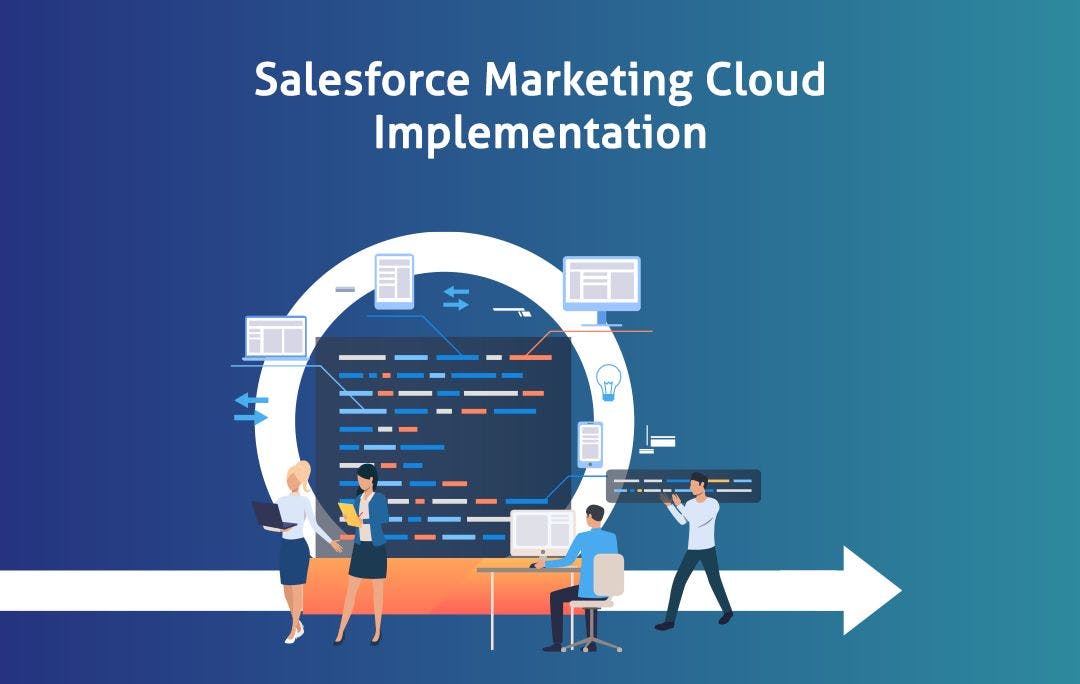243 reads
Salesforce Marketing Cloud Implementation
by
March 19th, 2021

Cyntexa is a Salesforce Summit Consulting Partner and is considered one of the top Salesforce Development Company.
About Author
Cyntexa is a Salesforce Summit Consulting Partner and is considered one of the top Salesforce Development Company.
